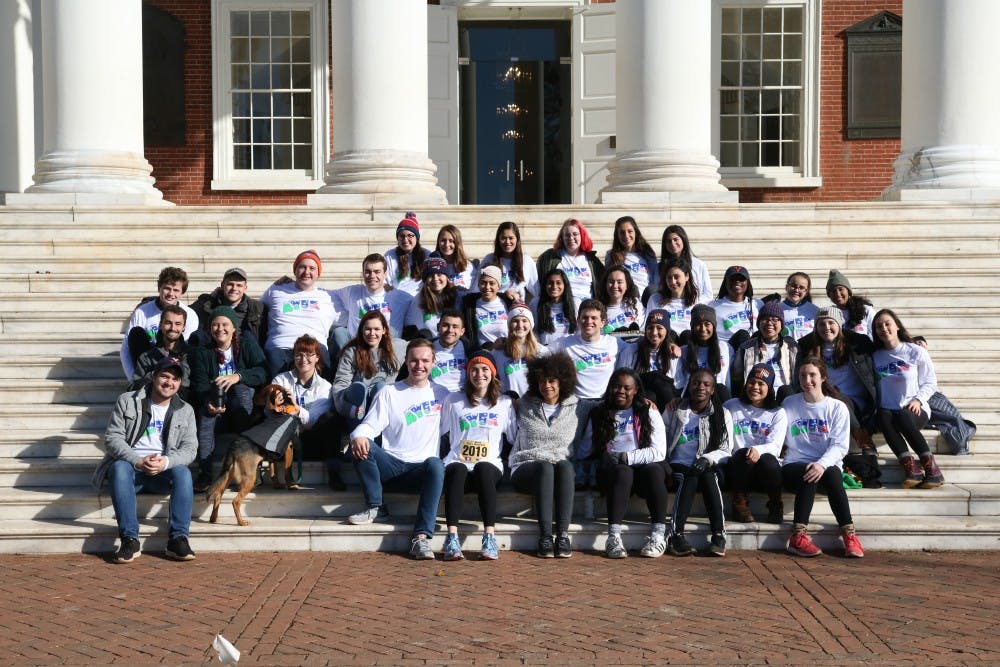Under Health Promotion and Wellbeing in the Department of Student Health, Peer Health Educators — a group of about 45 students who are trained in behavior change theory and health promotion — work to promote a positive culture of physical, spiritual and mental well-being around Grounds. The Peer Health Education program was started in the 1970s when women were first admitted into the University in order to increase access to birth control and raise awareness for reproductive health.
Peer Education under the Department of Student Health is split into ADAPT Peer Educators and PHEs. Peer Health Education Coordinator Amanda Cheetham explained that both groups go through the same recruitment process, but the focus of the program varies, with ADAPT Peer Educators mainly focusing on educating students on alcohol and drug use and PHEs focusing on college health and wellness.
Recently, recruitment for students has ended for these programs. According to Cheetham, the applications for both programs were available for rising second-year and third-year students who can commit to taking a required three-credit course, EDHS 3240 — Peer Health Education — during the upcoming fall semester.
Roxanna Mosavian, second-year College student and current PHE, explained that she initially applied to the program because of her interests in mental health and sex education.
“I applied to PHE because I have always been passionate about mental health and sex ed and I wanted to help bring positive messages and resources to the UVA community,” Mosavian said in an email to The Cavalier Daily.
According to Nicki Hussini, third-year College student and current PHE, PHEs specifically work to facilitate health outreach programs for various organizations and patient education sessions on topics such as stress management, mental wellness, nutrition and sexual health.
Mosavian explained that PHEs often hold events such as the Fourth Year 5k and the Mental Wellness Screening Day for students.
According to Mosavian, peer education is important because students are able to relate to the experiences of other students, and they are more comfortable discussing their problems with their peers.
“Peer education, in some instances, has shown to be more effective than adult education in establishing norms and changing attitudes towards various health behaviors,” Hussini said in an email to The Cavalier Daily. “Being able to provide a level of understanding that even the most well intentioned adults may not be able to provide makes peer education a really valuable avenue for behavioral health change.”
In the next few years, Cheetham explained that the new Student Health and Wellness Center will help create more space for these programs while exponentially increasing the program’s reach to students. Each year, they also work to respond to changes within the issues faced by students.
“We are always just trying to respond to changes in our culture in the issues that are being faced by college students, so we are constantly looking at the results of our surveys and looking at national trends and using that to steer the direction of our programming,” Cheetham said.
To find more information on Peer Education at the University, interested individuals can visit this site.







